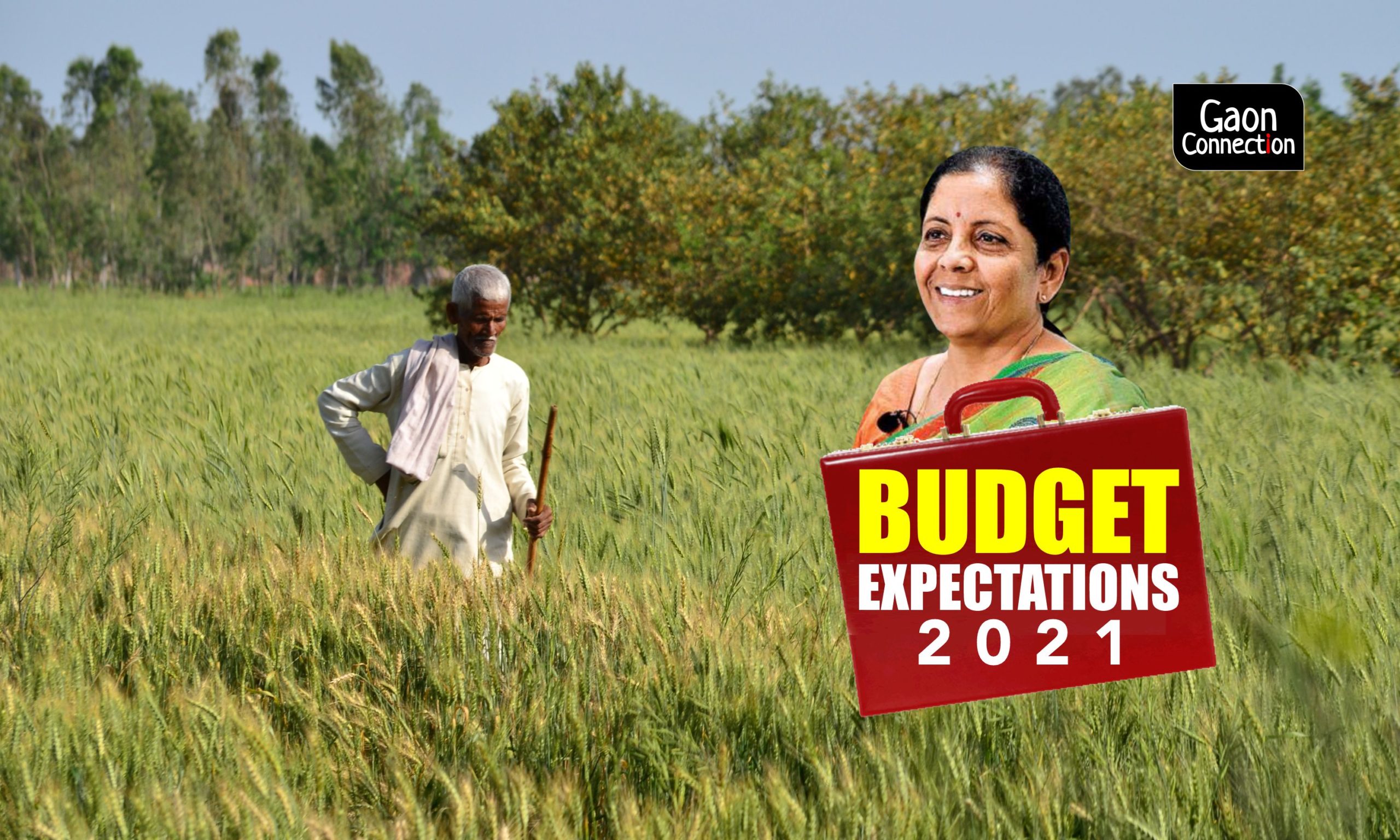Dear Finance Minister Nirmala Sitharaman,
The COVID-19 pandemic has burdened the already beleaguered farmers who, apart from not getting a fair price for their produce, have been battling adverse weather conditions brought about by climate change like unseasonal rains, floods, water shortage and crop infestations in 2020-21.
Besides the natural calamities, one of the overriding concerns of the farmers the past year has been the three new agri-bills that became the law of the land in September 2020. Protests against these three laws — The Farmers’ Produce Trade and Commerce (Promotion and Facilitation) Act, The Farmers (Empowerment and Protection) Agreement of Price Assurance and Farm Services Act, and The Essential Commodities (Amendment) Act.– are still going on in Delhi with the tractor parade by the protesting farmers turning violent yesterday, during the Republic Day.
A large section of farmers fear that these laws are detrimental to them and will leave them open to exploitation and at the mercy of corporates. Farmers also fear that the government mandis will shut down and the new laws will do away with the government regulated Minimum Support Price (MSP). Farmers demand a central act on making MSP mandatory in the country.
Subsidy money
But, three farm laws are not the only concern of the Indian farmer. In the coming budget of financial year 2021-22, the farmers hope that the government will release the subsidy amount for the fertilisers into their bank accounts. The Commission for Agriculture and Cost Price (CACP) had recommended the government provide Rs 5,000 per annum as a fertiliser subsidy to each of the farmers.
The struggling farmers look forward to a budget that favours them as well which will rid them of their crippling debts, be enough to provide education to their children and give them enough space to try out innovations in their agricultural activities. It is noteworthy that while the growth rate of the country’s economy plummeted below zero due to the lockdown, the agricultural growth rate persisted at three to four per cent.
Storage facilities
As per the Ashok Dalwai Committee formed in 2017, the Indian farmers annually suffer a loss of Rs 63,000 crore in crop damage due to vagaries of weather and lack of proper storage facilities. Last year, onions sold at Rs 200 a kilo. While half the onion crop rotted in the fields due to unseasonal rains and the other half rotted in storage and farmers were forced to sell the onions between five and twenty rupees a kilo.
Thus, there is a great need to allocate adequate funds for proper cold storage facilities in rural India that will minimise farmer losses.
Construction of Gaushalas
Stray cattle often destroy standing crops causing losses to farmers who often have to incur expenses to provide protection to their crops from the animals. If the stray cattle can be better utilised in schemes such as the one that uses their dung for fuel, manure, etc., the problem can be mitigated. If money can be allocated to construct gaushalas (cow-shelters), it can also solve the problem to a great extent.
Help to organic farmers
For the last several years, there has been a slow move towards organic and natural farming. Many farmers have moved to cultivation without chemical fertilisers and pesticides. In order to encourage this, the government should provide subsidies to the organic cultivators by way of raw materials and so on, just as it does to the conventional farmers.
Encourage rural start-ups
Inspired by the Prime Minister’s campaigns for Atmanirbhar Bharat and Vocal for Local, many young people from agrarian families have taken up farming-based activities or wish to do so in the future. Many migrant workers have also returned to the villages during the pandemic and are looking for opportunities to work in such startups. However, setting up a start-up involves innumerable trips to government offices, endless paperwork and complicated legalities that makes the task very daunting and discouraging for them.
If systems can be streamlined, farming-related start-ups can bring new technological advances to the farmers and link the farming community to the markets. Government aid to set up local start ups and provide support to buy technology and machinery would go a long way in encouraging the journey towards a self-reliant India.


















